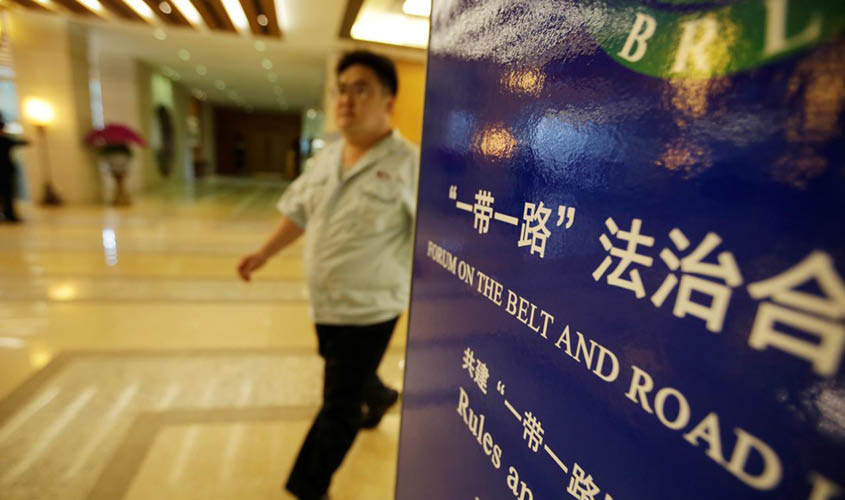The China-Pakistan Economic Corridor cuts through J&K.
New Delhi: India is likely to skip China’s Belt and Road Initiative (BRI) meet, scheduled to be held in April. This will be the second time that India will boycott the meeting.
Sources said that India is of the view that the BRI infringes on India’s sovereignty and territorial integrity and, therefore, it should not take part in the meeting. Notably, the United States and European Union are also not supporting the Chinese $1 trillion BRI project, which aims to connect Europe, Asia and Africa through a wide network of roads, highways, sea lanes and ports.
However, its jewel project, the China-Pakistan Economic Corridor (CPEC), cuts through Jammu & Kashmir, which is a matter for concern for India.
India’s Ambassador to China Vikram Misri told a Chinese daily in an interview recently that “no country can participate in an initiative that ignores its core concerns on sovereignty and territorial integrity…we have made no secret of our views and our position on the BRI is clear and consistent and one that we have conveyed to the authorities concerned”.
“Connectivity initiatives must be based on universally recognised international norms, good governance and rule of law. They must emphasise social stability and environmental protection and preservation, promote skill and technology transfers
This is to be noted that Chinese foreign minister Wang Yi had recently said that next month, China plans to hold a much bigger, second BRI which is also going to be attended by Pakistan Prime Minister Imran Khan.
New Delhi did not attend the launch of the BRI meeting in 2017, saying that the CPEC violates its sovereignty and territorial integrity. The 2017 meeting was attended by 29 heads of state and government, the United Nations Secretary General and heads of World Bank and International Monetary Fund (IMF) and other officials from different parts of the world.
India, along with the US and many other countries, has been highlighting the concerns over the BRI projects, which have left many smaller countries in debt traps.
The concerns grew louder after China took over Sri Lanka’s Hambantota port on a 99-year lease as debt swap. Subsequently, several countries, including Pakistan and Malaysia, have decided to reduce the Chinese projects over debt concerns.
Interestingly, Chinese President Xi Jinping is visiting Italy where he is expected to sign an agreement which would make the country the largest economy so far to back Beijing’s massive infrastructure project.
If that happens, Italy will be the first country among the G7 countries and the first founding European Union (EU) member to sign up to China’s initiative, which the US and EU have characterised as a debt trap.
Notably, the US is not happy about the development. White House National Security Council spokesperson Garrett Marquis said that the belt and road scheme was unlikely to help Italy economically and could significantly damage the country’s international image.

